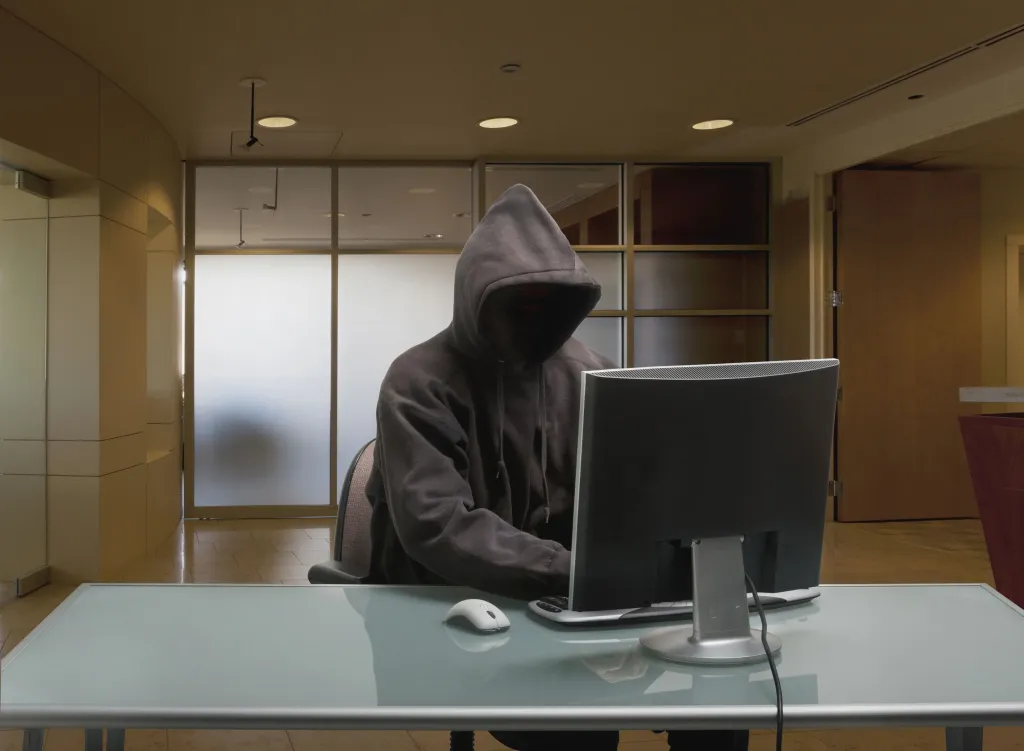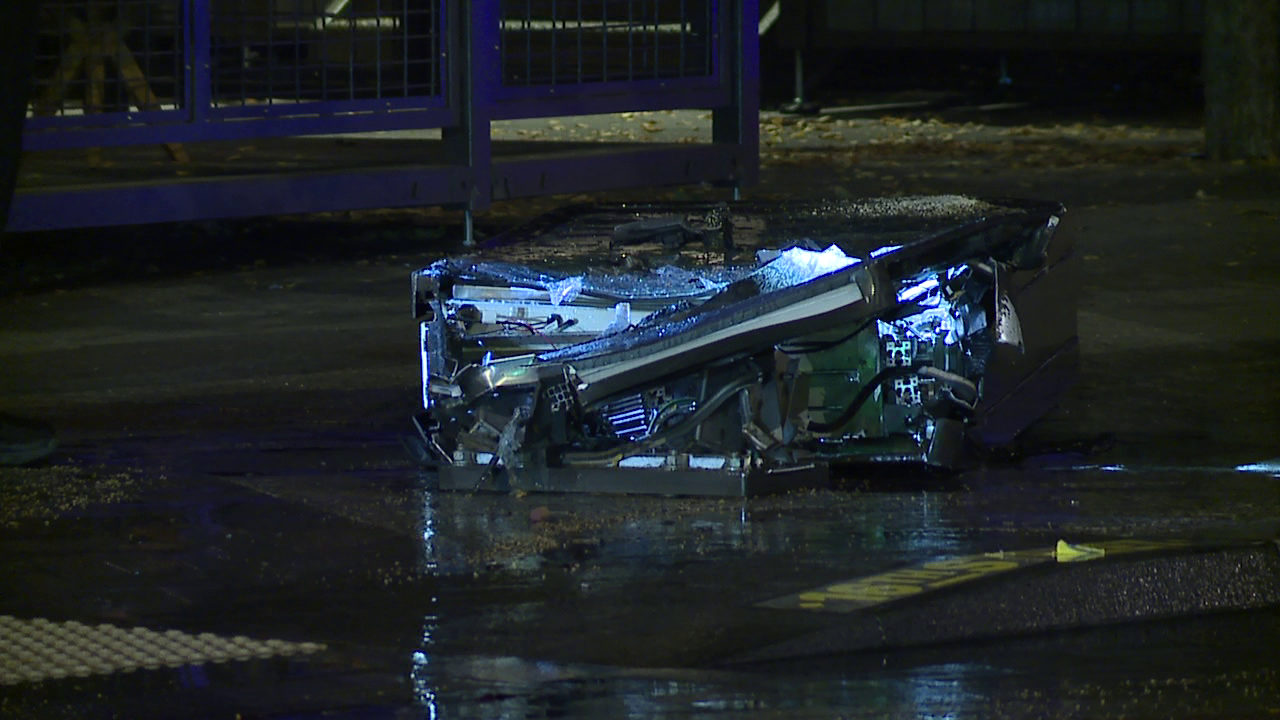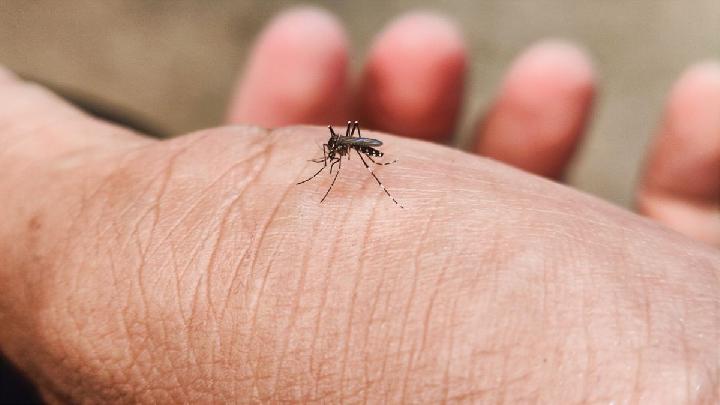Copyright The Boston Herald

The recent Amazon web service outage left people in Massachusetts and around the country angry, frustrated and stressed as they were unable to access some banks, online retailers, pharmacies, and even college course content and assignments. Even TikTok and Instagram were impacted by this disruption, all of which highlights our vulnerability to a cyber disruption. But imagine if this minor inconvenience were a massive cyber attack on our country by one of our adversaries? In a worst-case yet pragmatic scenario, this level of attack could cripple the nation’s critical infrastructure such as power grids, water supplies and transportation networks. Financial sectors including banks, stock exchanges and digital payment systems would be incapacitated, resulting in widespread economic panic. Hospitals and health care systems that rely on electronic medical records and medical equipment could be paralyzed. Transportation grids like airports and railways could be disabled. Radio, TV, telephone, 911 and internet services would collapse. Taken together, America would be brought to its knees. Elite national security and intelligence leaders speaking at the recent Cipher Brief 2025 Threat Conference in Sea Island, Georgia all agree that cyber attacks by our adversaries have dramatically increased in sophistication and reach into our communications systems and infrastructure. The former Director of the National Security Agency, retired four-star Air Force General Paul Nakasone, warned conference attendees that China is a major threat in cyberspace and that there is no actor that has the scope and speed of Chinese cyber attackers. In view of this serious threat, cyber security and intelligence experts are angry that the Trump administration has cut the budget and size of the country’s leading cyber security agency by a third along with firing the distinguished director of the U.S. Cyber Command, General Timothy Haugh. At a time when the United States is weakening its cyber defense, our adversaries are becoming a more powerful cyber threat. While the White House has dropped the ball on making cyber security a top priority, UMass Lowell just opened a new cyber security operations center that will provide area government agencies, defense contractors, nonprofits and businesses with expert guidance on how to prevent cyber threats. Services to be provided include evaluating cyber systems, flagging potential risks, analyzing email defense systems and detecting and intercepting a cyber attack. While UMass Lowell is doing its part to prevent this type of crisis, the Trump administration must do more to protect America against crippling foreign attacks. They must ensure that government cyber security agencies are fully funded and staffed with the top security and intelligence experts committed to safeguarding national security and our critical infrastructure. Now is not the time to nickel and dime these critical agencies. Billerica resident Rick Pozniak has spent decades as a public and risk communications professional and was part of a crisis response team that assisted a large health care provider during a cyber-attack on its infrastructure



